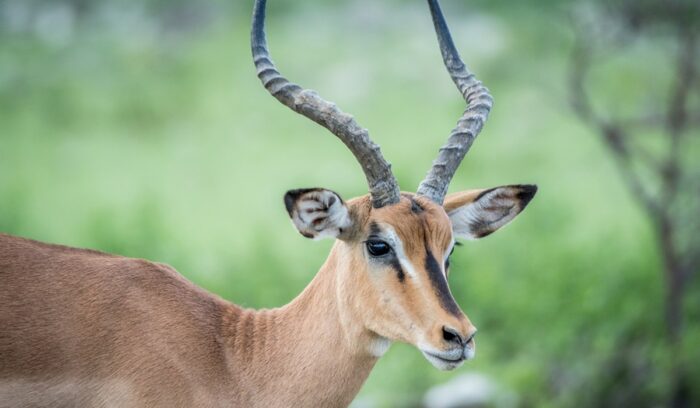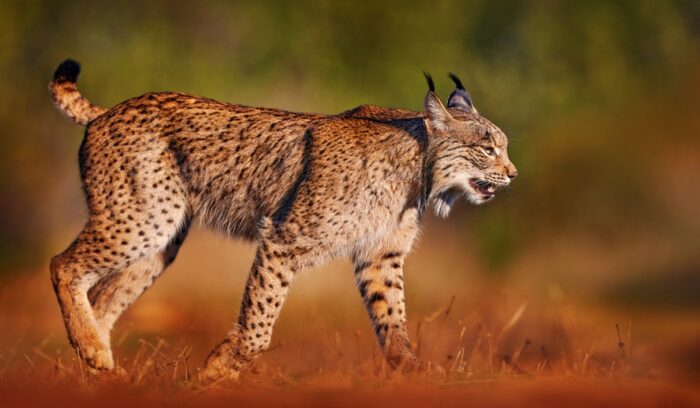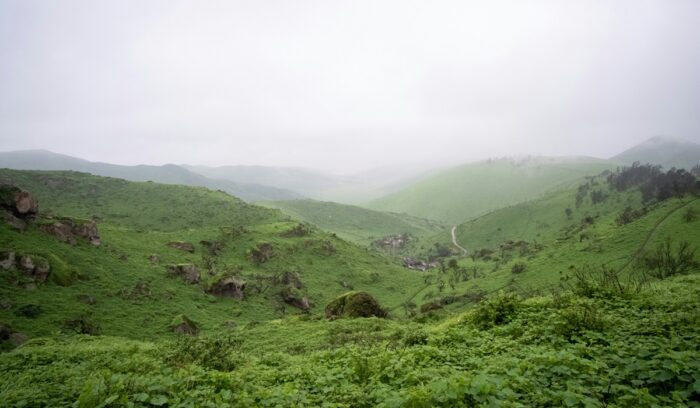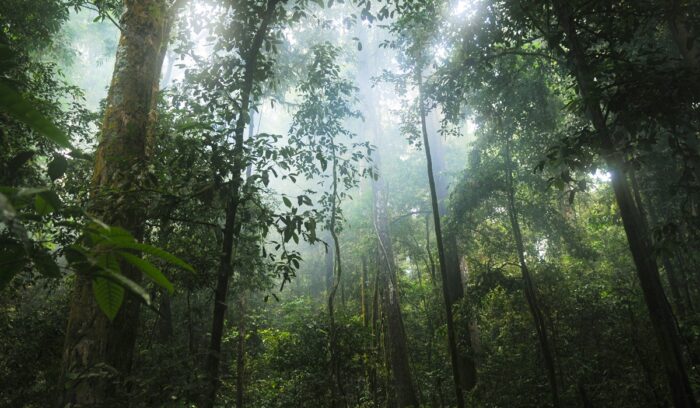Near-extinct Siamese crocodiles make comeback in Cambodia
Cambodia has welcomed 60 baby Siamese crocodiles – a hatching record for the endangered species in this century, conservationists say. They have called it a “real sign of hope”, after more than 20 years of efforts to revive the reptile’s numbers in the remote Cardamom Mountains. The olive green freshwater reptile has a distinct bony crest at the back of its head – by some estimates, it can grow up to 3m or nearly 10ft.










